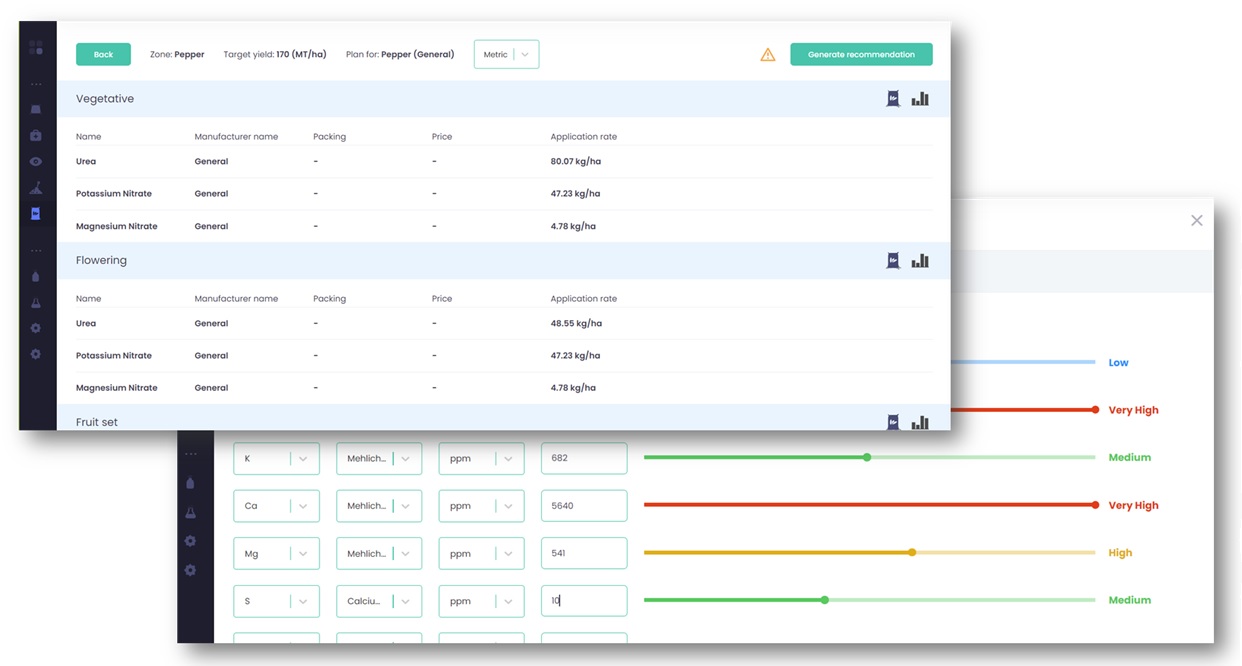ESG principles in the Agtech and foodtech industries
ESG stands for Environmental, social and governance. It is a set of principles that companies use to evaluate their activities, including environmental, social and governance factors. Companies may have different approaches to ESG practices, depending on their business model and strategy.
The concepts of ESG are not new in agriculture or foodtech.
Farmers have been practicing sustainability for decades, as have foodtech companies. This means that the current trend toward ESG in Agtech and foodtech has more to do with a proactive approach than anything else.
This shift toward ethical business practices has its roots in several factors including:
- A growing demand from consumers, who are increasingly aware of how they make their purchasing decisions.
- A desire among brands to differentiate themselves from other companies in their industry by focusing on what makes them unique, rather than simply highlighting product features like price or taste (which can be easily copied by competitors).
- An understanding that aligning your brand with positive social change can lead to greater engagement with customers who want products from companies they believe are doing good things for society at large.
Industry players have taken notice of this focus on sustainability.
Agtech and foodtech companies are increasingly measuring and reducing their greenhouse gas emissions as they aim to address both climate change and business risk. The Agtech and foodtech industries have long sought to improve efficiency in farming, with some companies already working on ways to reduce pesticide and fertilizer use and measuring carbon sequestration. And with the increased focus on sustainability in recent years—from consumers demanding awareness of how products were made; governments putting forth stricter regulations; and investors wanting to see more transparency about corporate practices—it’s no surprise that many businesses have taken steps toward adopting ESG practices in order to better align with these changing attitudes toward corporate social responsibility (CSR).
Agtech and foodtech companies are increasingly measuring and reducing their greenhouse gas emissions as they aim to address both climate change and business risk.
Agtech and foodtech companies are increasingly measuring and reducing their greenhouse gas (GHG) emissions as they aim to address both climate change and business risk.
Measuring GHG emissions is a global challenge for all companies, but it’s especially important for Agtech and foodtech companies because of the sector’s large footprint compared to other industries. The industry has some of the largest carbon footprints in the world—and it’s growing quickly.
Reducing GHG emissions is a key part of business strategy for many Agtech and foodtech companies looking to address climate change, improve product quality, and reduce costs.
Agtech and foodtech companies address climate change through sustainable practices that reduce emissions, conserve water and soil, and improve yields.
The ESG movement has gained momentum in recent years, with a number of companies committing to reduce their carbon footprint. At the same time, Agtech startups who help farmers track soil health or irrigation water usage in order to cut costs while improving efficiency, have emerged. These types of technologies are likely to become even more widespread as we tackle climate change.
Impacts on communities
ESG is about striving to maximize the benefits of a company’s activities for society, while minimizing associated risks and impacts. It involves companies that strive to understand and address the challenges facing their communities, including social issues such as income inequality, access to clean water, lack of education opportunities and gender equality.
It also includes environmental impacts—for example, pollution from factory waste or GHG released into the atmosphere. ESG engagement strategies may include community investment programs (e.g., scholarships), partnership initiatives with local organizations or even simple things like ensuring you have adequate recycling bins at your office location.
Measurement across value chains
Measurement is a key part of ESG and it helps companies understand the impact of their operations. In addition to monitoring direct inputs (e.g., GHG), companies can also measure indirect impacts on their supply chains, such as social risks arising from suppliers’ behavior or materiality thresholds for pollutants in product packaging. With this information, companies can track progress toward sustainability goals and identify areas where they can improve.
Growing sustainability in the Agtech and foodtech sectors will require ongoing collaboration between industry leaders, impact investors, nonprofits and policy makers alike
Collaboration isn’t a new idea. The concept has been around for centuries and is widely accepted as a way to drive innovation through cross-sector collaboration.
But what does it look like? This still needs to be figured out.
yieldsApp – AI Agronomic platform
yieldsApp is a technology platform empowering farmers through agronomic intelligence to improve yield and profitability, mitigate risk and reduce environmental impact.
Our platform also provides food and beverage companies with transparency and traceability in their supply chains.
Click here to learn more







